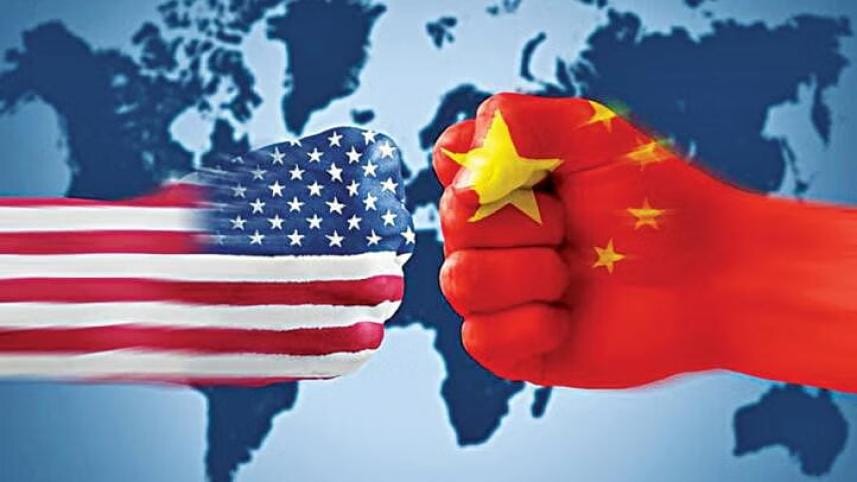Trade war de-escalation: US, China reach deal to slash tariffs

- Both sides will cut tariffs by 115 percent from tomorrow
- The new measures are effective for 90 days
- New economic dialogue forum agreed by US, China
The United States and China have agreed to temporarily slash reciprocal tariffs in a deal that surpassed expectations as the world's two biggest economies seek to end a damaging trade war that has stoked fears of recession and roiled financial markets.
The US will cut extra tariffs it imposed on Chinese imports in April this year to 30 percent from 145 percent and Chinese duties on US imports will fall to 10 percent from 125 percent, the two countries said yesterday. The new measures are effective for 90 days.
The dollar rose against other major currencies and stock markets lifted following the news, which helped allay concerns about a downturn triggered last month by US. President Donald Trump's escalation of tariff measures aimed at narrowing the US trade deficit.
"Both countries represented their national interest very well," US Treasury Secretary Scott Bessent said after talks with Chinese officials in Geneva. "We both have an interest in balanced trade, the US will continue moving towards that."
Bessent was speaking alongside US Trade Representative Jamieson Greer after the weekend talks in Switzerland in which both sides had hailed progress on narrowing differences and agreed to launch another new economic dialogue forum.
"The consensus from both delegations this weekend is neither side wants a decoupling," Bessent said. "And what had occurred with these very high tariffs ... was the equivalent of an embargo, and neither side wants that. We do want trade."
The Geneva meetings were the first face-to-face interactions between senior US and Chinese economic officials since Trump returned to power and launched a global tariff blitz, imposing particularly hefty duties on China.
Bessent said the deal did not include sector-specific tariffs and that the US would continue strategic rebalancing in areas including medicines, semiconductors and steel where it had identified supply chain vulnerabilities.
Since taking office in January, Trump had hiked the tariffs paid by US importers for goods from China to 145 percent, in addition to those he imposed on many Chinese goods during his first term and the duties levied by the Biden administration.
China hit back by putting export curbs on some rare earth elements, vital for US manufacturers of weapons and electronic consumer goods, and raising tariffs on US goods to 125 percent.



 For all latest news, follow The Daily Star's Google News channel.
For all latest news, follow The Daily Star's Google News channel.
Comments